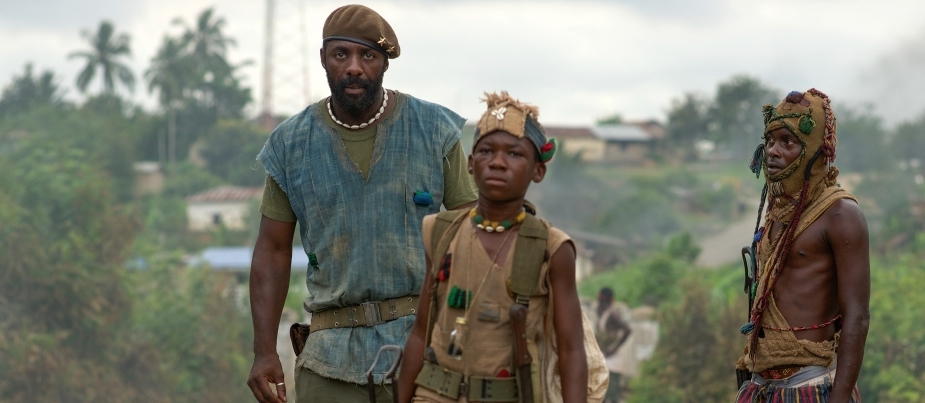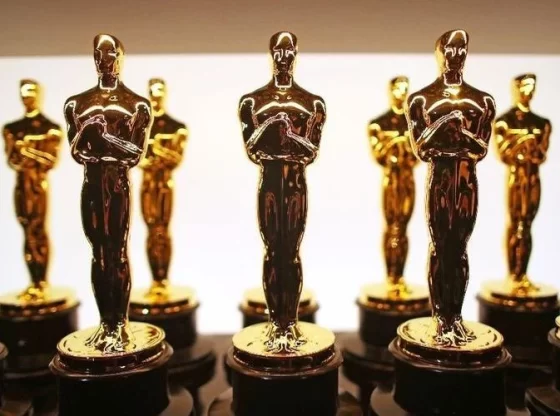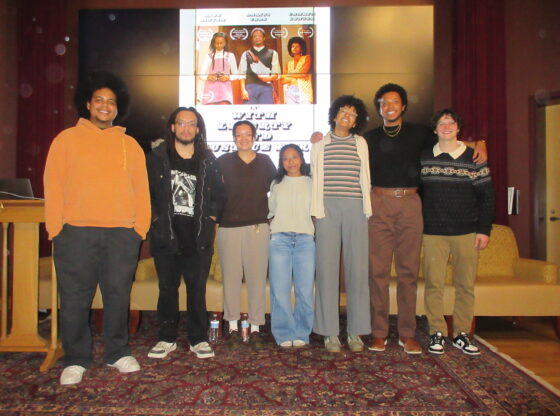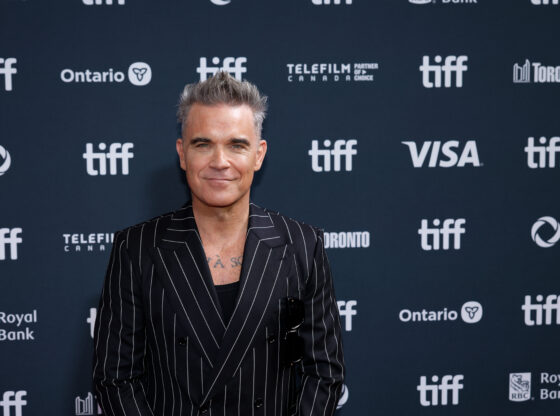Netflix has proven to be a successful creator of quality television shows and now the company is making its foray into filmmaking with “Beasts of No Nation.” Written and directed by Cary Joji Fukunaga (“Jane Eyre”), this harrowing film based on Uzodinma Iweala’s wonderfully crafted book of the same name follows Agu, a young boy in an unnamed West African nation who is captured and turned into a child soldier after violence ravages his village. The story is a disturbing look at the terrors of war and one boy’s struggle between childhood and adulthood.
The movie doesn’t fully capture the tone of the novel—the book is entirely from Agu’s perspective and is told in a broken dialect of English, which paints a vivid picture of Agu’s understanding of the world. He doesn’t always comprehend exactly what’s going on, but is affected deeply by the horrors that he experiences. Agu grapples throughout the whole book with whether or not he is a “bad boy” and comes face-to-face with his doubts in God many times. In the book, the reader gets a much more significant impression of Agu’s initial naive youth, and he doesn’t seem nearly as young in the film. Aside from a few poignant voice-overs, these aspects aren’t explored as thoroughly.
However, Abraham Attah, the young breakout actor cast as Agu, does an incredible job of portraying his character’s childlike, yet intelligent persona in his nuanced expressions. While the intense first-person narrative of the novel isn’t achieved in the film, Attah’s subdued command of the role carries a similar impact. He makes the transition from a carefree young boy to a weathered old man in a child’s body in a raw and deeply believable way, which is extremely impressive for such a young and inexperienced actor.
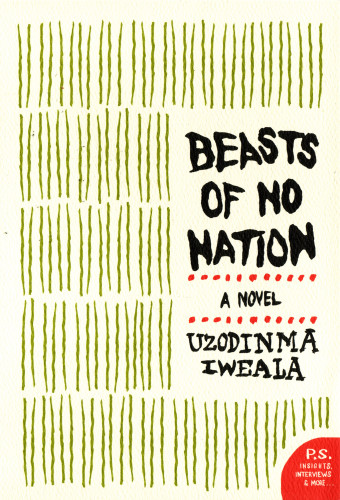
Idris Elba (“Avengers: Age of Ultron”) plays opposite Attah as the charmingly coercive Commandant in charge of the soldiers and becomes a manipulative and abusive father figure for the young boys. Elba fills the powerful role well, but also expertly navigates the character’s humanity when his power dissipates.
Fukunaga’s masterful direction results in beautiful cinematography that illustrates both the fiercely real and the hazy, dreamlike moments of the war. Seeing some of these horrible moments play out on-screen, with the emotions of the characters and the bloodshed overtly visible, causes a more visceral reaction than in the book. He doesn’t shy away from the sickening violence, but also doesn’t go overboard with the gore—he maintains that the story is about the characters and their experiences, not the shock value of the blood.
It’s a hard film to watch, but a very important one, and one that is unapologetically authentic. If all future Netflix films are as strong as “Beasts of No Nation,” audiences are in for some quality movies dominating the industry.

